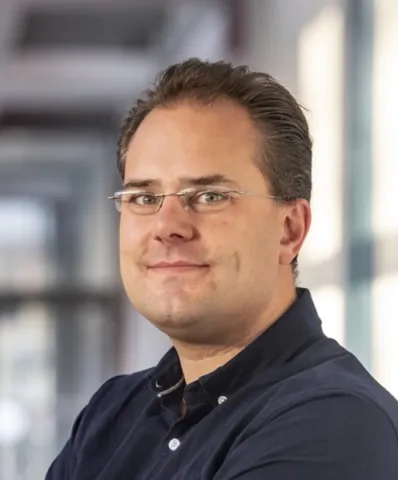About the project
Working closely with Rolls Royce, this PhD will establish advanced but practical 3D X-ray imaging methods that may be applied to Additively Manufactured (AM) aeroengine parts. You will exploit a combination of: known part geometries, advanced data analysis (X-ray simulation and image reconstruction) and customised X-ray hardware.
Successful execution of the work will contribute to the wider realisation of AM in advanced engineering, and the development of new X-ray inspection methods. Additive manufacturing presents remarkable opportunities in engineering design. For parts to "fly" however, reliable non-destructive test methods are absolutely mandatory for certification. The exceptional flexibility of AM presents intrinsic problems in this context, as the complex, integrated designs that make best use of AM largely prohibit conventional inspection.
It is known that X-ray computed tomography (functionally equivalent to medical CAT scanning) provides an excellent tool to address AM inspection, but can be difficult to apply to in larger components. Working as part of a well-established group of PhDs and Doctoral researchers, this PhD project will address this via analysis of carefully designed "phantom" parts, using customised X-ray scanning protocols, building on many years’ experience within the nationally and internationally recognised Southampton µ-VIS lab. We are also a part of the National Research Facility for lab-based X-ray Computed Tomography (NXCT).
X-ray simulation, hardware control and imaging post-processing will be carried out using well-established software packages (open source and commercial).
Subject to external travel regulations, the project will involve site visits to Roll Royce in the UK and a short (6 month) industrial placement period.
